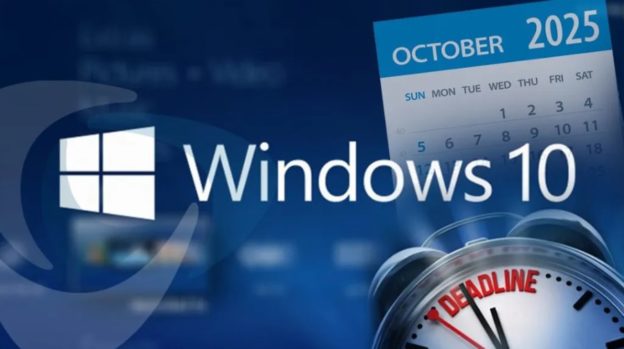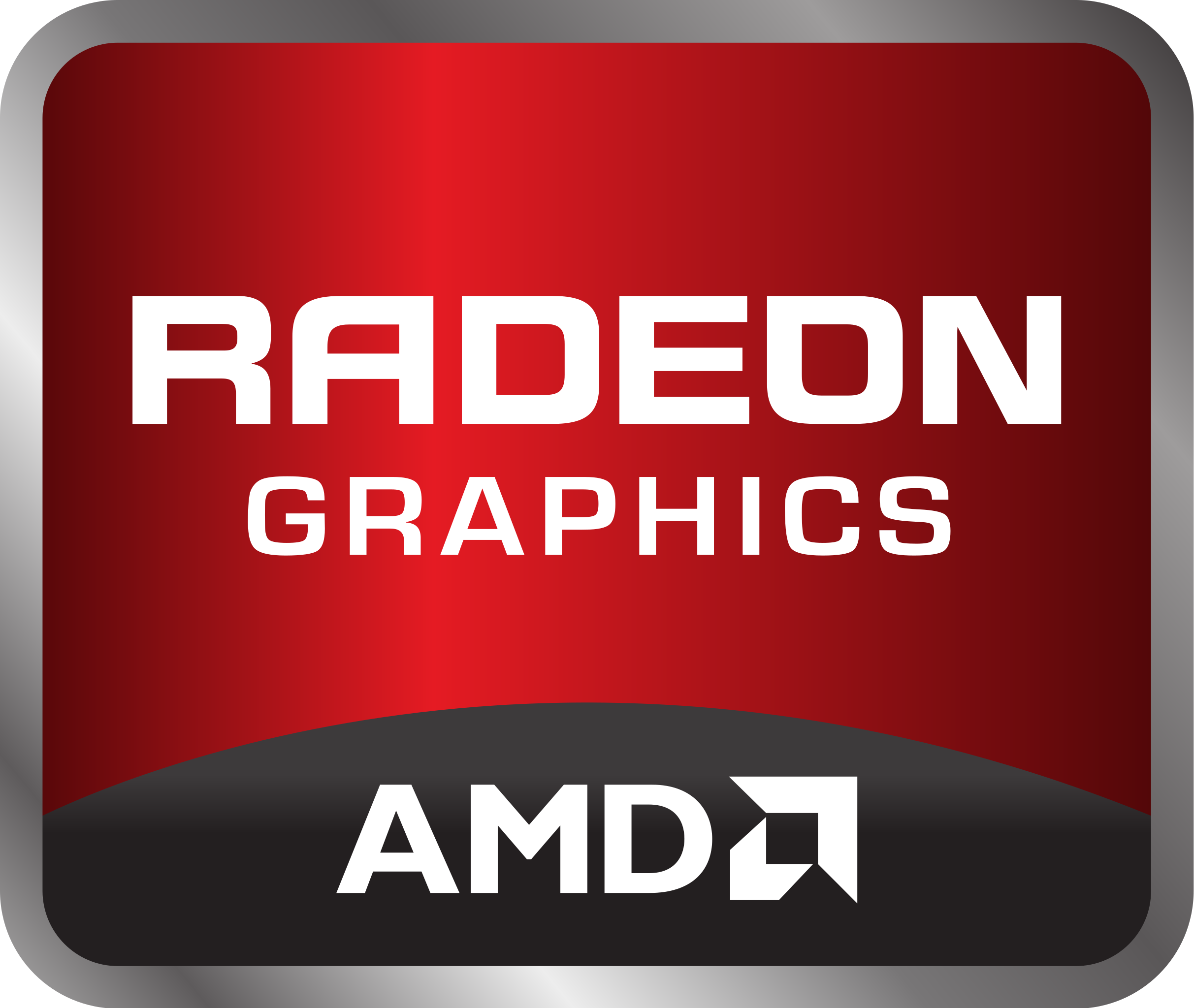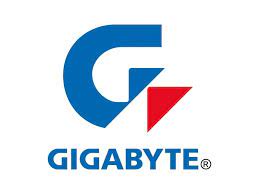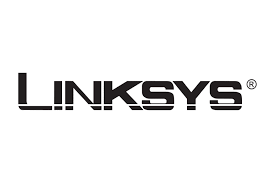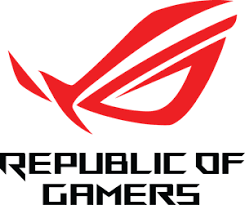The cost of running a gaming PC depends on several factors, making it difficult to give a precise answer. However, here’s a breakdown of the key factors that influence the electricity consumption of a gaming PC, and how you can estimate the cost:
Factors affecting power consumption:
- Hardware:
- Power Supply Unit (PSU) Wattage: The PSU rating indicates its maximum power delivery capacity. Higher-end components like powerful GPUs and CPUs typically require PSUs with higher wattage ratings.
- CPU: Processors with more cores and higher clock speeds generally consume more power.
- GPU: Graphics cards are significant contributors to power consumption, especially when under heavy loads during gaming.
- Usage patterns:
- Gaming duration and intensity: The longer you play games and the more demanding the games are, the higher the power consumption.
- Background tasks: Running other programs alongside your games can also increase power usage.
Estimating the cost:
- Identify your PSU wattage: Check your PSU’s specifications or the label on the unit itself.
- Estimate your average gaming time per day: Consider your typical gaming habits.
- Research your electricity cost per kWh (kilowatt-hour): This information is usually available on your electricity bill or from your power provider’s website.
Here’s a simplified formula to estimate the daily cost:
Daily Cost = (PSU Wattage / 1000) * Average Gaming Time * Electricity Cost per kWh
Example:
- PSU Wattage: 750W
- Average Gaming Time: 2 hours
- Electricity Cost per kWh: $0.15
Daily Cost: (750W / 1000) * 2 hours * $0.15 = $0.23
Important notes:
- This is just an estimate, and the actual cost may vary depending on several factors mentioned earlier.
- This only considers the power consumption during gaming. If you use your PC for other tasks, factor in their power consumption as well.
- Modern hardware often features power-saving technologies that can help reduce overall energy usage.
Additional tips for reducing power consumption:
- Lower in-game graphics settings: While this might affect visual quality, it can significantly reduce the workload on your GPU and lower power consumption.
- Enable power-saving options in your operating system and graphics card settings.
- Close unused programs and background applications when not in use.
- Consider upgrading to more energy-efficient components when building or upgrading your PC.
By understanding the factors influencing power consumption and implementing these tips, you can optimize your gaming PC’s energy usage and potentially see a reduction in your electricity bill.










